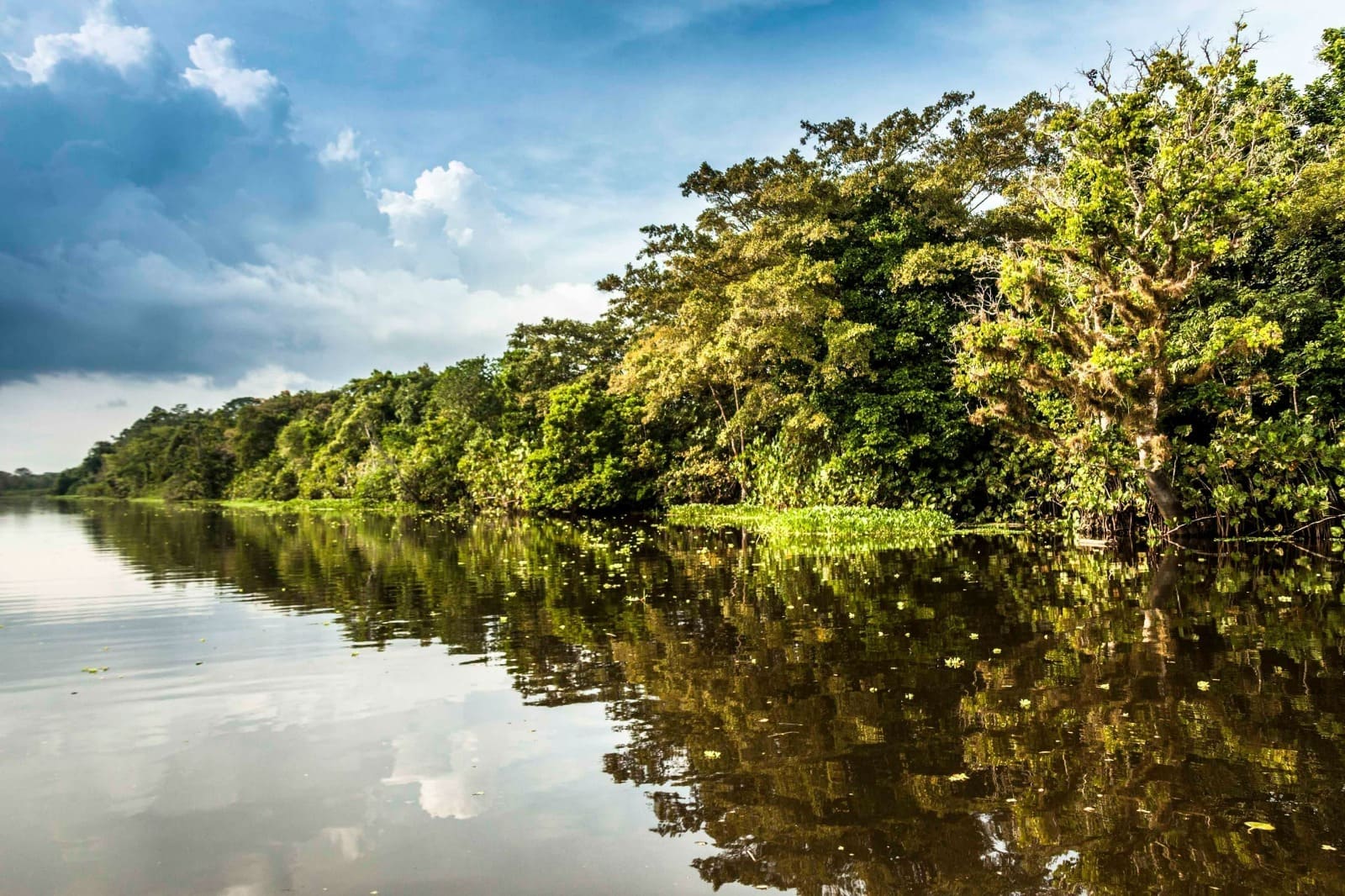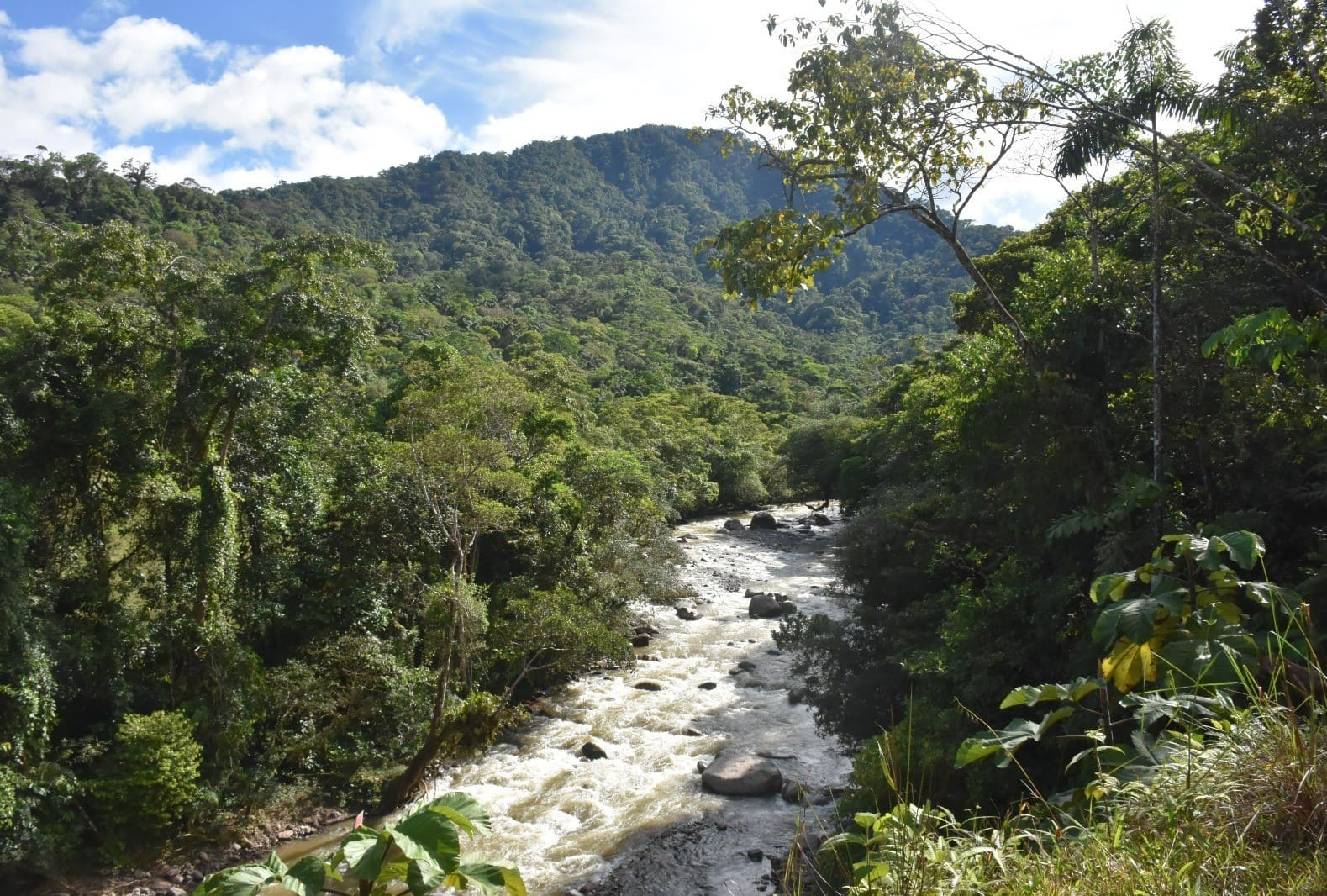Reflections on the closing of the 2022 UN Ocean Conference, Lisbon, Portugal
Your ocean, your future, your responsibility
As the second UN Ocean Conference draws to a close, I am delighted to see the many commitments, pledges and actions presented in Lisbon, from actions on blue carbon ecosystems to new financial instruments to pledges towards larger and more effective protection of the Ocean. There have been bold statements and positions on deep-sea mining but even more so the presence of young impact leaders at UNOC.
These outcomes are all causes for a well-deserved celebration. Nevertheless, it is important that we build on this extraordinary momentum, to accelerate post Lisbon-progress towards a healthy, productive and resilient ocean with thriving marine and coastal species, ecosystems and communities and, moreover, the next generation of blue leaders and entrepreneurs.
Now is the time to be bold, visionary and pragmatic, so that by 2030 we can collectively achieve at least 30% protection and 100% sustainable management of our ocean for the benefit of humankind and our world.
The IPCC Sixth Assessment Report cautions that we have a “brief and rapidly closing window of opportunity to secure a liveable and sustainable future for all”. Now that the global ocean community has come together in Lisbon, it is even more critical to follow through to ensure that key conventions and processes adopt decisive actions for the Ocean.
The means of implementation will be essential to implement such a bold vision, both in terms of sufficient financial resources and ample capacity. Only 1.6% of the Overseas Development Aid (ODA) and 1.7% of the global research budget is dedicated to SDG 14. This level of resources is marginal compared to the contribution of the Ocean to human development and wellbeing.
While the Lisbon Declaration and the many progressive commitments made are highly welcome, States and all stakeholders should accelerate action in several key areas in the next few months:
- To conclude, in 2022, the negotiation of an ambitious, future-proof, international legally binding instrument on the conservation and sustainable use of marine biodiversity in areas beyond national jurisdiction, under the United Nations Convention on the Law of the Sea (UNCLOS).
- To commit to protect at least 30% of the Ocean by 2030, with a focus on sites of particular importance for biodiversity and ecosystem services in well-connected systems of protected areas and utilising other effective area-based conservation measures (OECMs), as part of the post-2020 global biodiversity framework.
- To call for a moratorium on deep sea mineral exploitation in marine areas beyond national jurisdiction, and continued vigilance to ensure that human activities do not further contribute to the loss of marine biodiversity or undermine ecological integrity
- To Increase investment in, and scale up the implementation of, marine and coastal Nature-based Solutions (NbS) as a critical contribution to climate change mitigation, adaptation, and disaster risk reduction. This will add at the same time the multiple social, economic and environmental benefits of NbS. marine and coastal NbS must also be integrated with Nationally Determined Contributions (NDCs), National Adaptation Plans (NAPs) and other national climate plans and policies.
- To negotiate an internationally legally binding instrument on plastic pollution that includes measures for the prevention and significant reduction of discharges of plastic to the ocean. Reminding the parties that we should not forget about the multiple other forms of human pollution and encourage a holistic view, for all forms of pollution to be addressed and their cumulative impacts negated.
- To enhance Ocean science as a basis for informing effective management and policies; to increase support for the UN Decade of Ocean Science for Sustainable Development, including through programmes and projects to advance cross-boundary strategic environmental assessment; and to further consider the establishment of an International Panel on Ocean Sustainability, to foster ambition and generate solutions we need. IUCN stands ready to contribute to such efforts.
Further, it is important to promote proactive, effective, equitable, inclusive, gender-responsive implementation of SDG14 and the need to ensure the full and effective participation of Indigenous peoples and local communities including their free, prior, and informed consent, and the full recognition of the rights of Indigenous peoples to their lands, territories and resources, as set out under the United Nations Declaration on the Rights of Indigenous Peoples (UNDRIP).
Finally, I also want to point out the welcome aspiration of a Universal Declaration of Ocean Rights as a concept of a global formalisation of the rights of the Ocean, to be presented to the United Nations in 2023 for joint agreement by the governments of the world.
The Rights of Nature movement, and the inclusion of eco-centric language is embedded in several international frameworks such as the CBD post 2020 global biodiversity framework as well as in the IUCN Resolution 100.
We look forward to a further review of the SDG 14 targets at the upcoming High-level Political Forum (5-15 July, New York).
Disclaimer
Opinions expressed in posts featured on any Crossroads or other blogs and in related comments are those of the authors and do not necessarily reflect the opinions of IUCN or a consensus of its Member organisations.
IUCN moderates comments and reserves the right to remove posts that are deemed inappropriate, commercial in nature or unrelated to blog posts.



